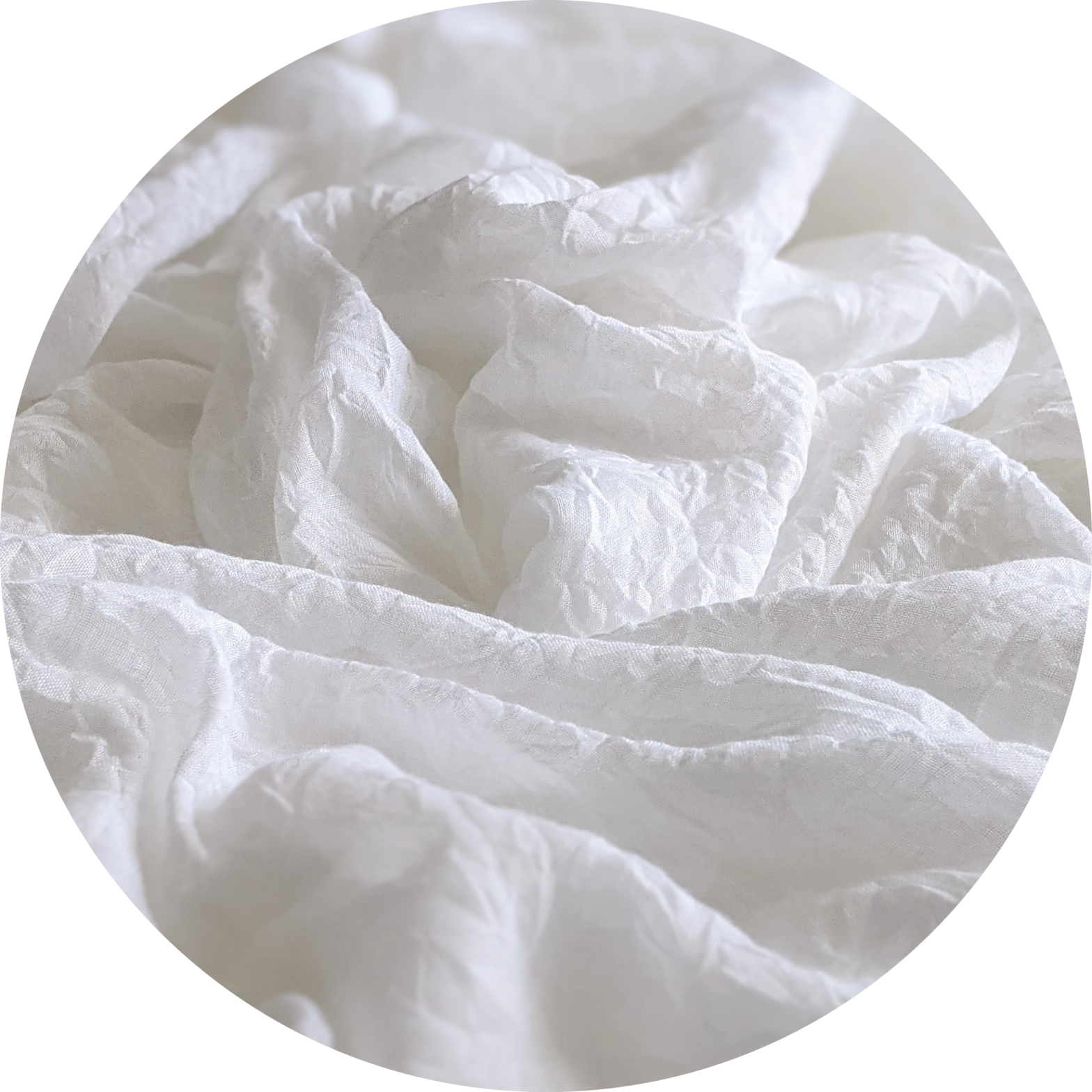TW: mention of sexual trauma
Awareness of emotional trauma has risen in the last few years, mainly due to an increase in public conversations about mental health, and this is such a good thing.
The more people who are trauma informed the easier it is to have healing conversations with each other, and to search for and access healing modalities that enable us to process what we have been through in life.
As we may be aware, sexual trauma, in its many forms, can deeply affect the nervous system and may tint the lens through which we are able to approach, experience and process future sexual encounters. There is a complex relationship between the nervous system and the vagina, and such trauma may have an impact on how we experience vaginal health as well.
When we talk about tissue trauma, it’s a little different. Especially when it comes to intimate tissue. In this case we are not explicitly talking about emotional trauma (although that may also occur in some cases) and it can happen in consensual situations.
Tissue trauma means damage to the living tissues of our bodies. In relation to the vagina this can happen to the mucous membrane of the vagina through penetration in a myriad of situations causing micro abrasions in the mucosa.
Ways may include:
- Rougher-than-ideal penetration – this may be in consensual situations as well as not, or over enthusiastic use of a toy
- Less natural lubrication than advantageous – this can be caused by dehydration, certain medications, less foreplay than desirable, hormonal situations, such as pregnancy or postpartum
- Using lubricants with high osmolarity – which draw hydration out from the vaginal tissues, making them more susceptible to tissue trauma.
In these situations we can understand that it isn’t just ‘rough sex’. The vagina is pretty tough, but the mucous membranes that line it have specific needs to ensure they remain healthy and doing their job of protecting the area.
If you’ve had micro abrasions they might feel like little sharp twinges within the vagina after the event, or they may well like irritation or itch. The thing to know about micro abrasions is that they can make you more susceptible to opportunistic infection such as thrush/candida, bacterial vaginosis (BV) and even STDs. Really not a desirable situation!
Suitable lubrication (either your own or applied) protects against it by reducing damaging friction against these membranes.
If choosing to use a lubricant to enhance your own, look for one specifically developed for female physiology, one that takes osmolarity into account and that isn’t packed with lots of nasties (and this includes glycerine – even naturally derived products can be bad in the wrong situation). Check our article here to find out more about this and how Wylde One is a great choice for reducing the risk of tissue trauma and micro abrasions. Vulva loving care.

